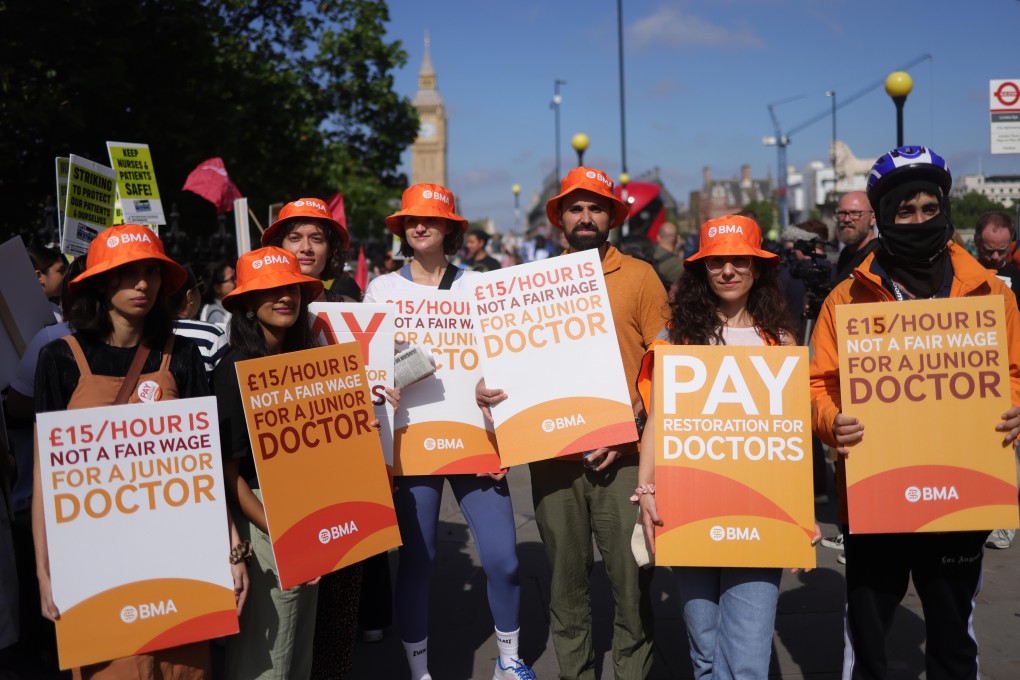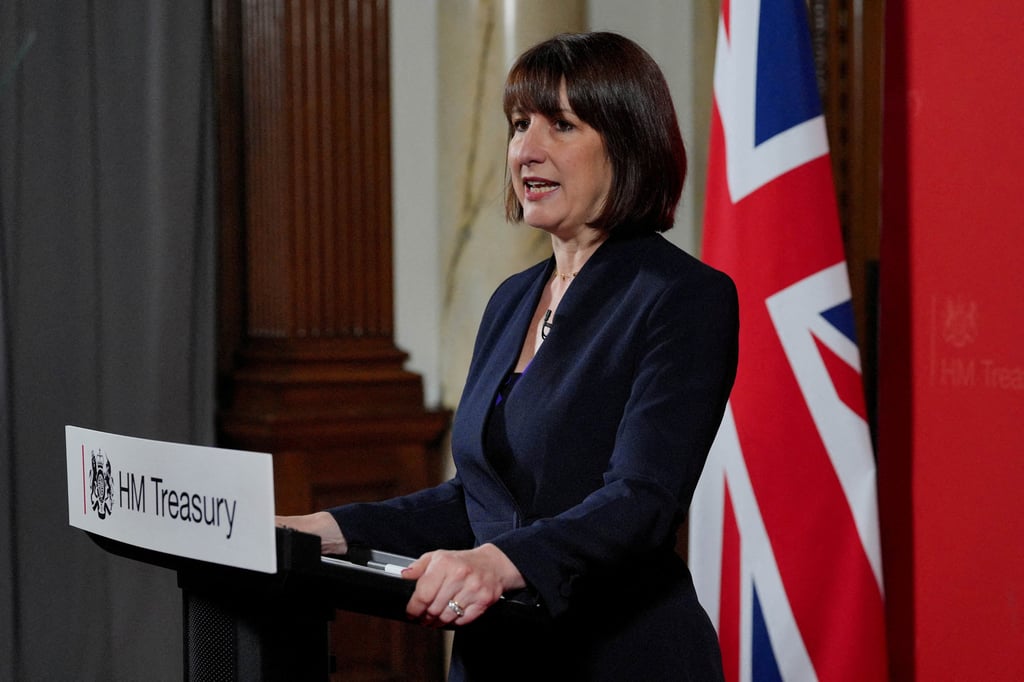UK faces stark choice as public service pay hikes loom
- Chancellor of the Exchequer Rachel Reeves has warned of the possibility of a return to strikes and a shortage of nurses and teachers

The United Kingdom risks a return to strikes and a shortage of nurses and teachers if it does not grant above-inflation pay rises, Chancellor of the Exchequer Rachel Reeves has said, following reports of a fiscal hole as large as £10 billion (US$12.9 billion) from public sector wage demands.
Independent pay review bodies that represent more than 1.8 million teachers and National Health Service workers have recommended pay increases of about 5.5 per cent, according to the Times, while the Labour government has budgeted for raises of only 3 per cent.
“There is a cost to not settling, a cost of further industrial action, and a cost in terms of the challenge we face recruiting, retaining doctors and nurses and teachers,” Reeves said in an interview that aired on the BBC Sunday.
The government is conducting an analysis of the recommended 5.5 per cent pay rise and Reeves said she would make an announcement on the state of the public finances by the end of the month. “People won’t have long to wait,” she said.
The Sunday Times reported that granting the higher pay award across the public sector will lead to an £8 billion hole in the UK’s finances, citing a leaked Treasury analysis.

The Institute for Fiscal Studies previously said the higher pay increase could cost an extra £3 billion for schools and the NHS alone. Paul Johnson, director of the IFS, told the BBC that if the 5.5 per cent rise was extended throughout the public sector, the government would need to find an extra £10 billion.
